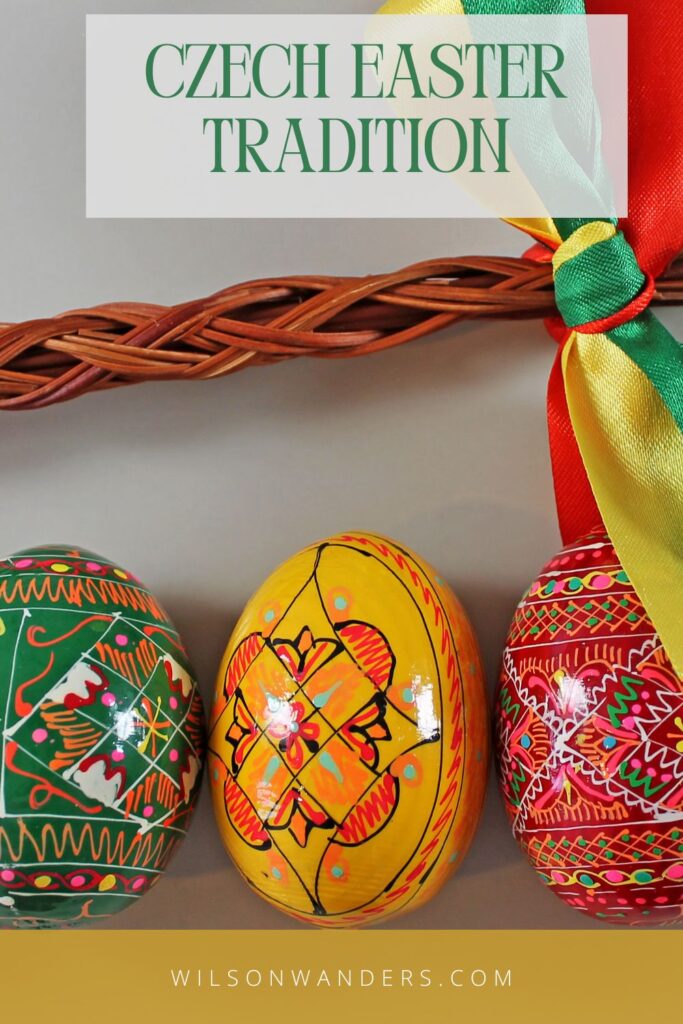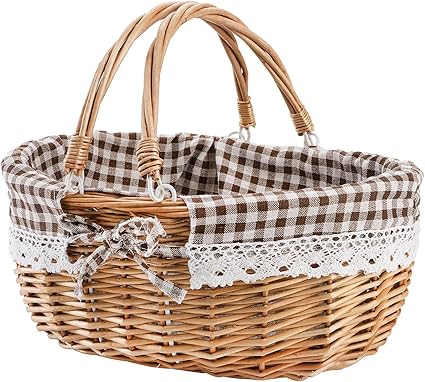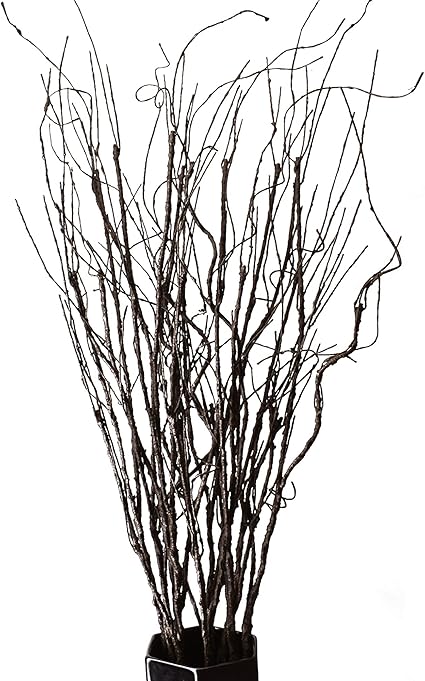
Pomlázka is a beloved and ancient Easter tradition in the Czech Republic, celebrated each year on Easter Monday. This custom involves men and boys weaving together willow branches to form a whip-like tool, also called pomlázka. The word itself comes from the Czech word pomladit, meaning “to rejuvenate” or “make young again.”
On Easter Monday, boys and men visit homes of girls and women, lightly whipping them with the pomlázka while reciting rhymes. This act is symbolic, meant to transfer the vitality and freshness of the willow branches to the women, ensuring health, beauty, and youthfulness for the coming year. In return, the women reward the boys with decorated eggs, sweets, or even shots of liquor.
The tradition, though playful, holds deep roots in Czech folklore, signifying fertility, renewal, and the celebration of spring. Today, it is practiced more as a fun custom, especially in rural areas, although its popularity continues in urban settings as well. The making of the pomlázka has also become an art, with intricate weaving techniques passed down through generations.
While some may view the practice as outdated, for many Czechs, it remains a cherished part of the Easter festivities and a unique reflection of the country’s cultural heritage.
Click on Images Below to Shop
As an Amazon Affiliate, I earn from qualifying purchases. Copyright ©2024 WilsonWanders.com




